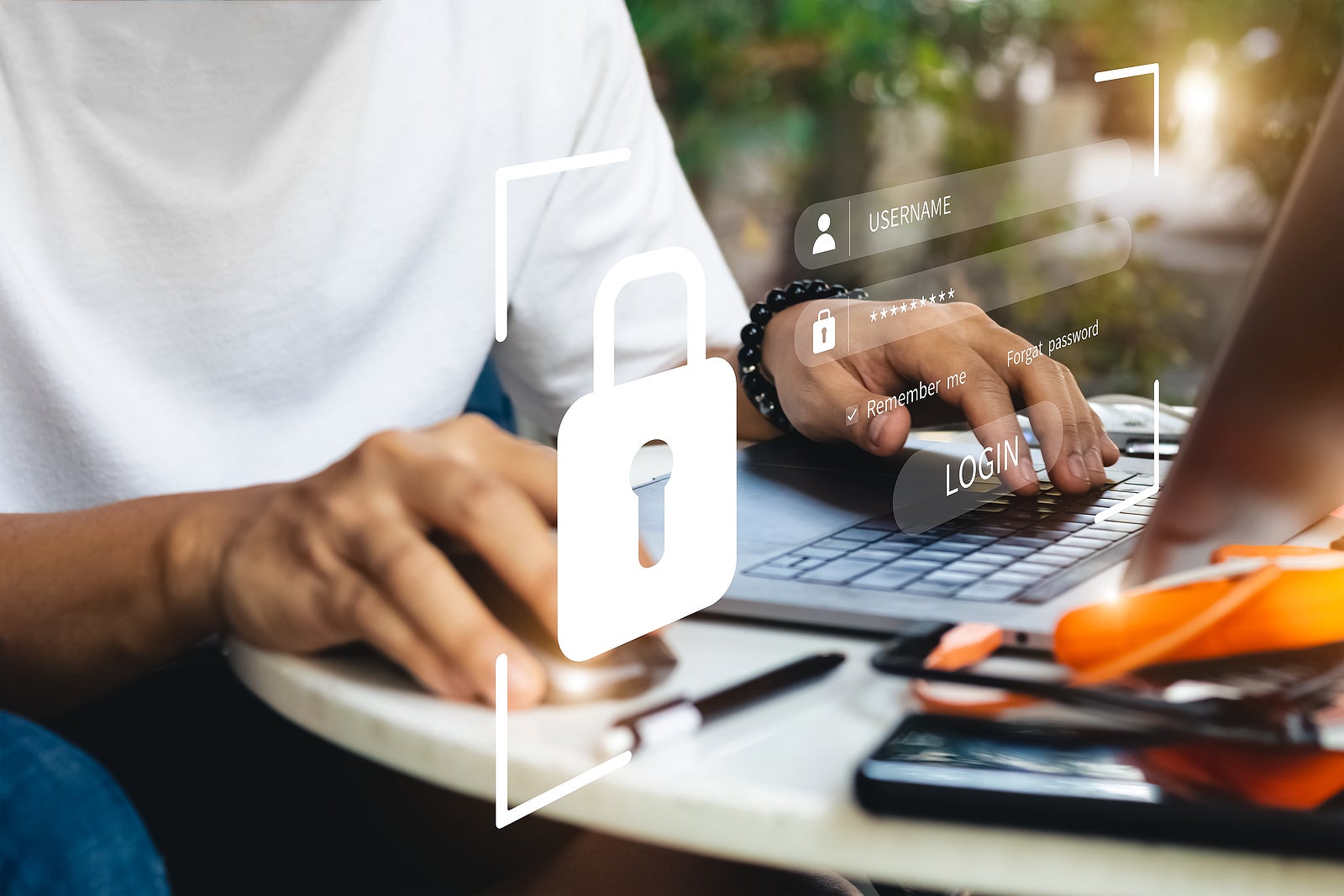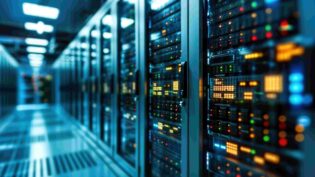
With more people able and willing to work remotely, the need for top-quality, effective cybersecurity has greatly increased. Here are six types of data security you need to know about while working from home.
-
Protect Your Access Point Names
Not only do you need to protect your devices and your network, but you also need to protect the asset point name, or APN. The APN is the gateway through which your device or network is able to connect to the internet. You should make sure your APN settings include strong security settings. It’s best to use a private APN, especially if you’re connecting IoT devices. Private APNs protect your private data by relying on only certain private IPs.
-
Use Strong Passwords
Because so many websites and programs require passwords to access, it can be tempting to use one password for everything or slightly modify a base password with small changes for each site. This is a big mistake, both for personal internet usage and work needs. You should take the time to password protect all sensitive data storage, websites with login requirements and network connections.
Try to think of a unique, complicated password for each access point you need a password for. Avoid obvious material such as birthdates, nicknames or the names of childhood friends or pets. The best passwords are lengthy and include random strings of letters, numbers and special characters. The stronger the password, the more difficult it will be for a hacker to access your accounts and sensitive data.
-
Employ Multi-factor Authentication
In addition to strong passwords, you can protect your online accounts and sensitive data by employing a system of multi-factor authentication. Most workplaces have begun requiring employees to use access tokens or push notifications from smartphone apps along with a password to log onto their work devices. Many remote employees are also required to sign in to VPNs before accessing any sensitive corporate data or programs. Other multi-factor authentication options include biometrics, secondary passwords, PINs, access codes and security questions.
-
Invest In High-quality Antivirus Software
Antivirus software is one of the most commonly employed tools in people’s cybersecurity toolboxes. You should have good quality antivirus software installed on every device you use for work. These programs can help cover security vulnerabilities in your devices’ operating systems and can either prevent malware from being installed on your devices or scan your device to locate malware. High-quality antivirus software can help protect your devices and data from various cybersecurity threats, such as Trojans, rootkits, ransomware and spyware.
-
Encrypt Your Network And Devices
Encryption is one of the most effective methods of securing your devices, online activity and data. Encryption programs will scramble your data as it travels between online locations, such as via email. It will also remove certain key identifying features from your data as it’s transferred. These functions help ensure it’s too difficult for hackers to decipher your data so your data can only be accessed by either the intended recipient or by someone with the correct access credentials.
-
Make Sure Collaboration Programs Are Secure
When you’re working remotely, you still want your work to go as smoothly as possible. This means utilizing the same programs you would have access to in the office, such as CRMs and collaborative virtual work programs, such as Google Docs. It also means utilizing screen sharing and videoconferencing software such as Zoom. You should make sure all such programs are properly secured so people who aren’t meant to attend meetings or work on certain programs, and who may not even be part of your organization, can’t access them. Many of these tools and programs are used by many different organizations, so you need to ensure they have tight security at all levels of your enterprise.
You should follow all standard security practices while working from home. You should also utilize additional measures to strengthen your security protections when you’re working on your own private network or various public networks.
1854 Views












